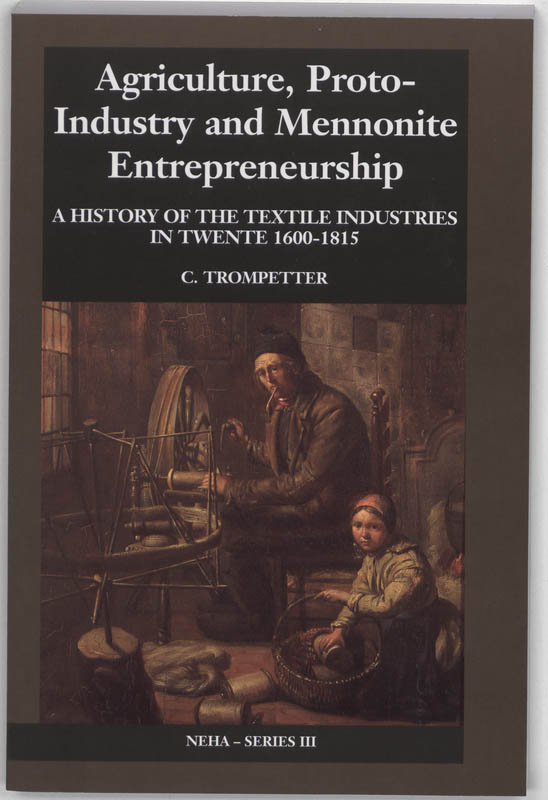Agriculture, proto-industry and mennonite entrepreneurship
a history of the textile industries in Twente 1600-1815
Maak tweedehands je eerste keus
- Alle boeken zijn met de hand gecontroleerd
- 30 dagen retourgarantie
- Gratis verzending vanaf 4 boeken of 40 euro
- Op werkdagen voor 15:00 besteld, dezelfde dag verzonden
nog 1 op voorraad
5,45

Agriculture, proto-industry and mennonite entrepreneurship
Als nieuw
ISBN
9789071617911
Bindwijze
Paperback
Taal
Engels
Auteur
Uitgeverij
Amsterdam University Press
Waar gaat het over?
Lees verder
Recensies
